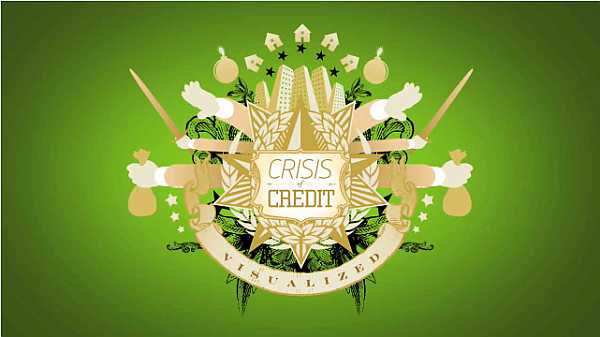The big news today is Apple is making some Macs in the USA. This isn’t terribly shocking if you think about it.
iMacs really aren’t as complicated as they were just a few years ago, the parts have consolidated quite a bit. In addition most of the complexity of assembly is being given to increasingly advanced robotics. What years ago was a circuit board put together by humans is now a single chip stamped out by machine. I mentioned this back in June when Google started manufacturing in the US.
I wouldn’t expect something as labor intensive as the iPhone or iPad to be built in the US anytime soon. The limited media access to the factories that we’ve seen, it’s a very manual process.
Manufacturing large goods like an iMac in the US has advantages. First reduced freight costs, less time in Apple’s inventory (something Tim Cook is known to care extensively about), and quite likely tax breaks and subsidies.
I suspect the idea going forward is if it’s labor intensive, do it overseas. If you can do it with minimal human labor, bring it to the US. We’ll see more of these things come “back” to the US as manufacturing techniques are refined and improve extensively. But I don’t think we’ll see the huge number of factory jobs we once had.
